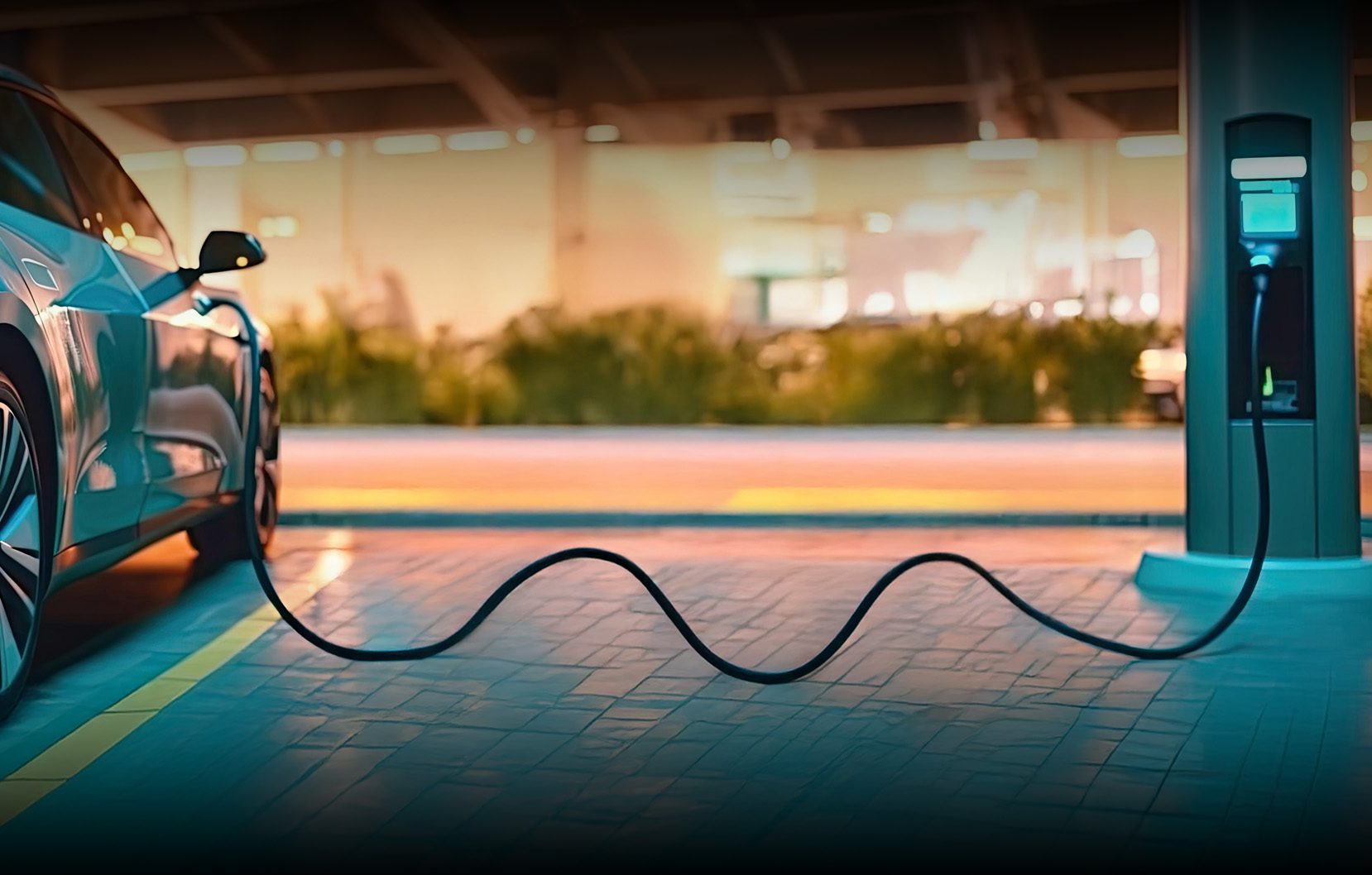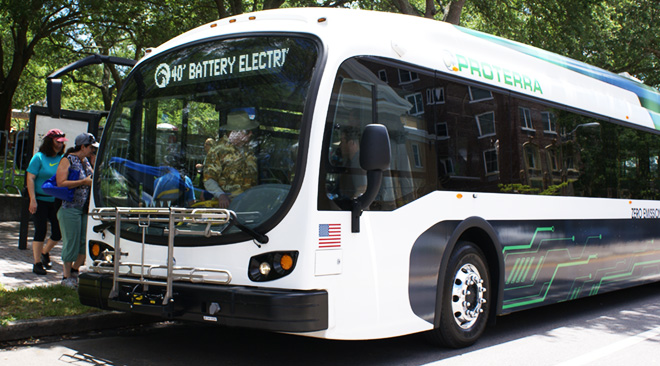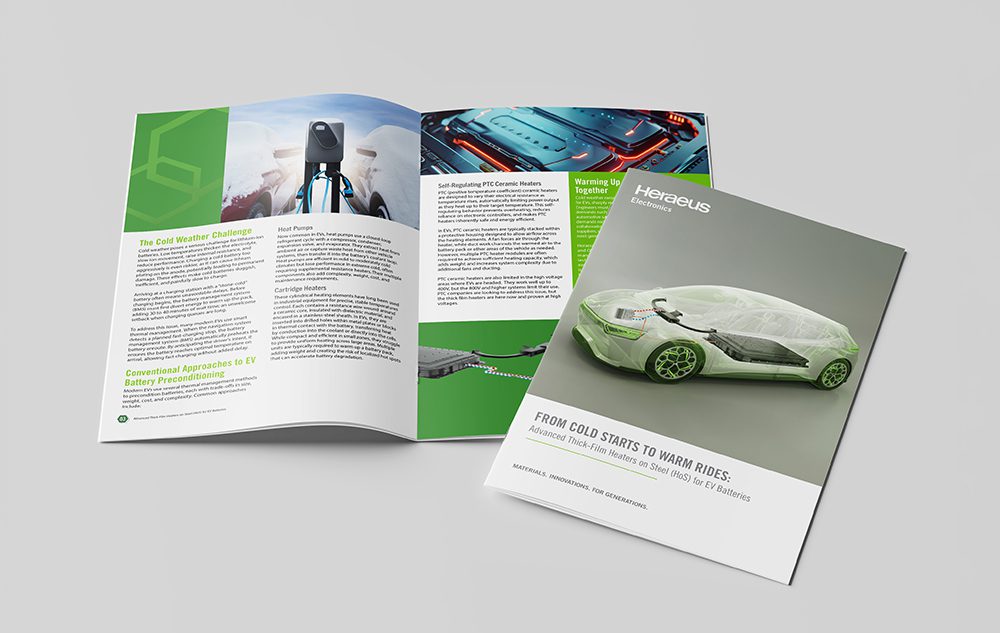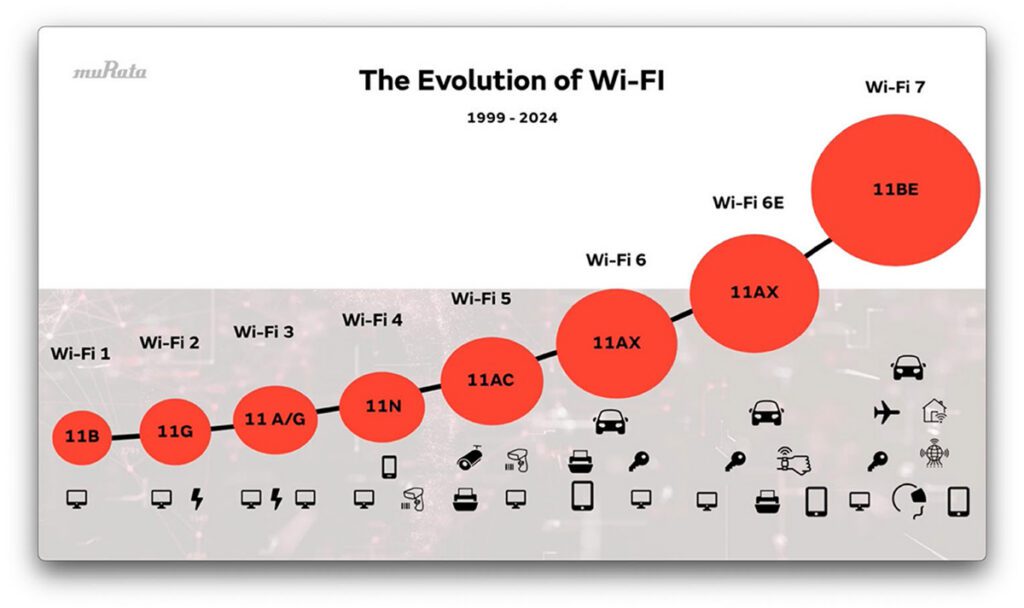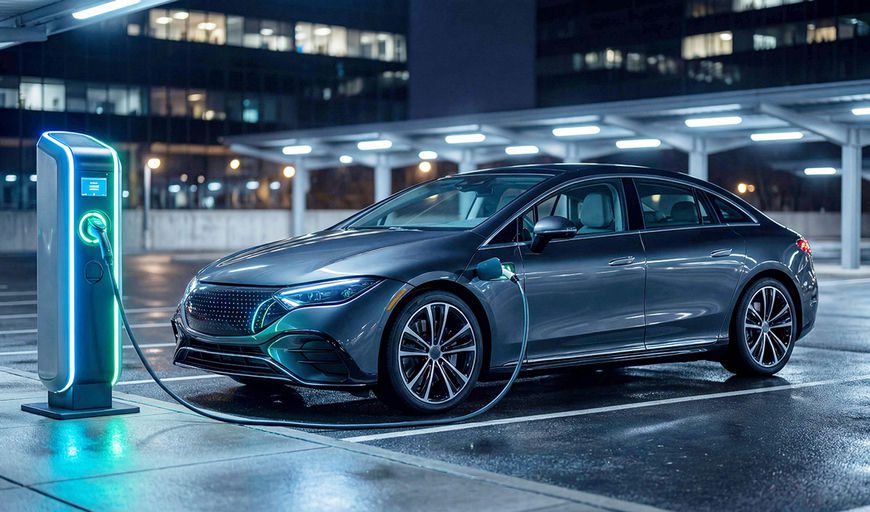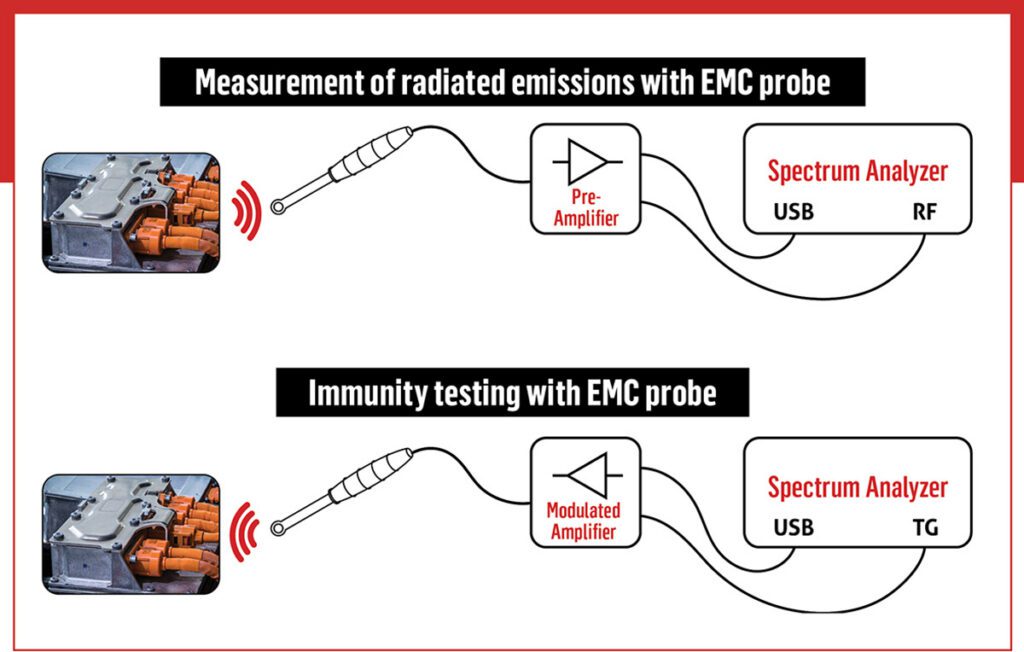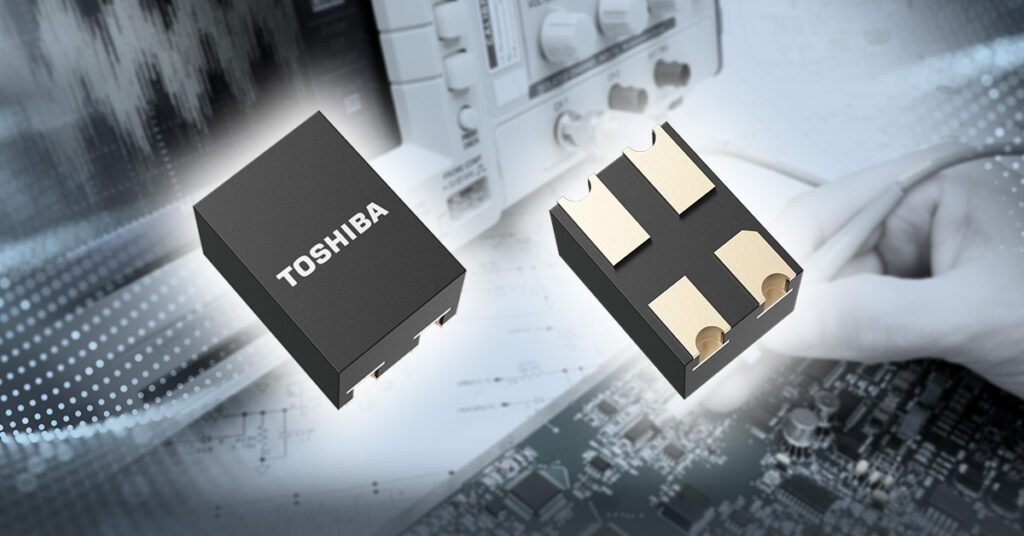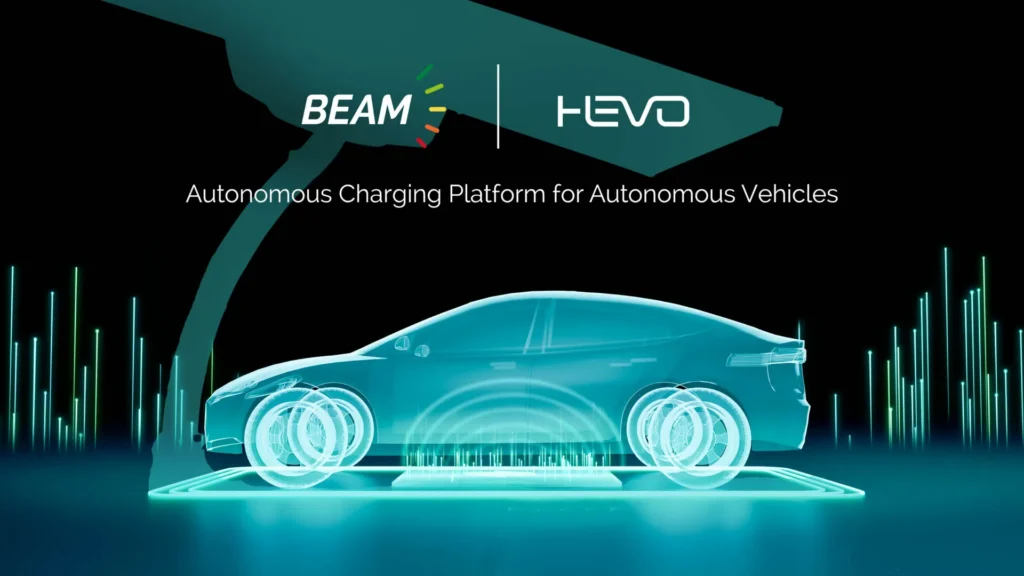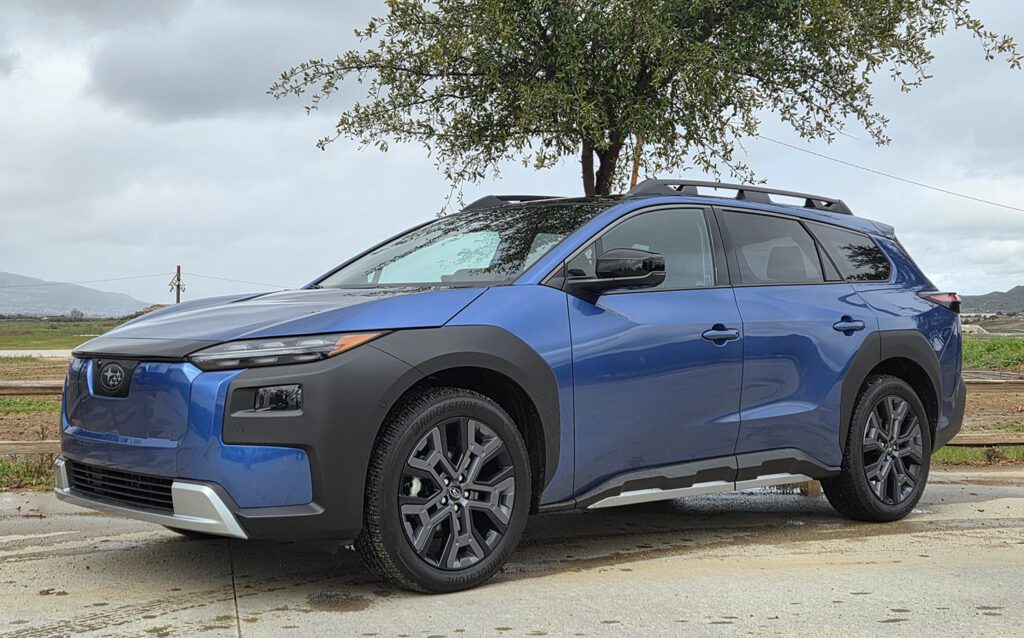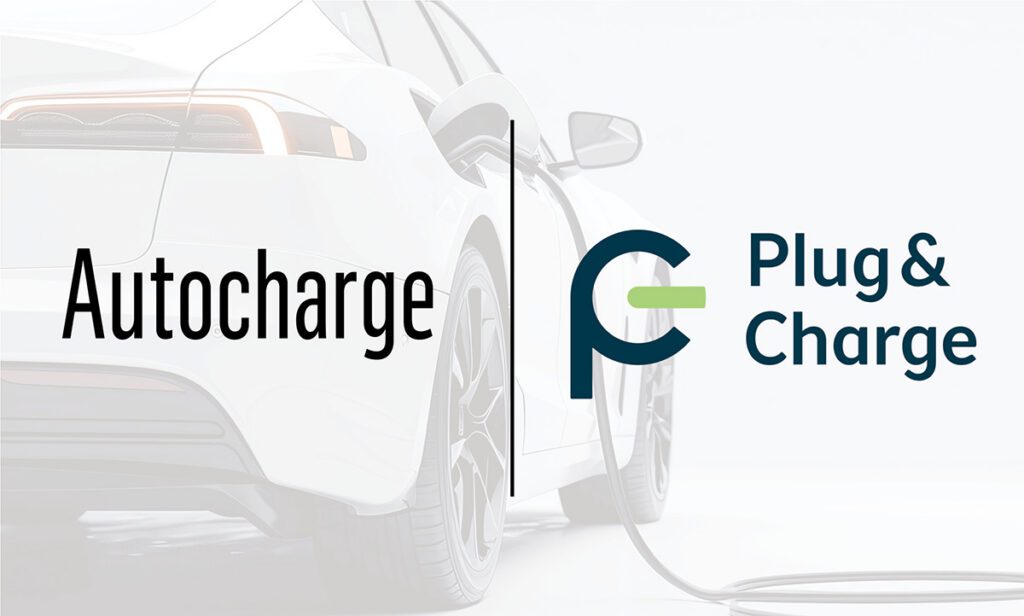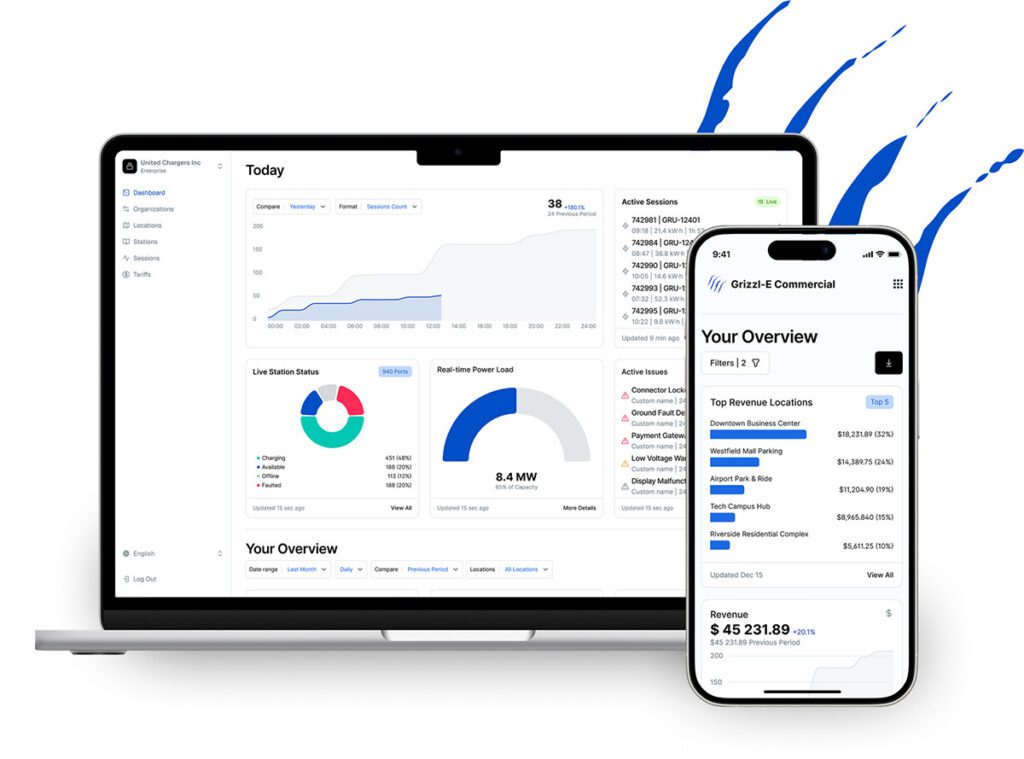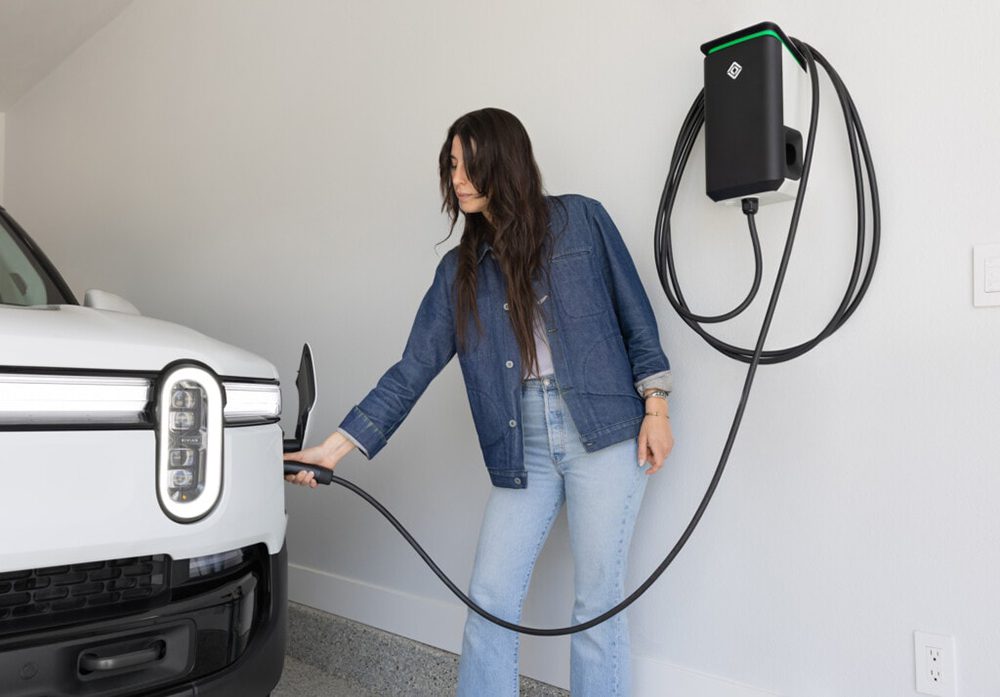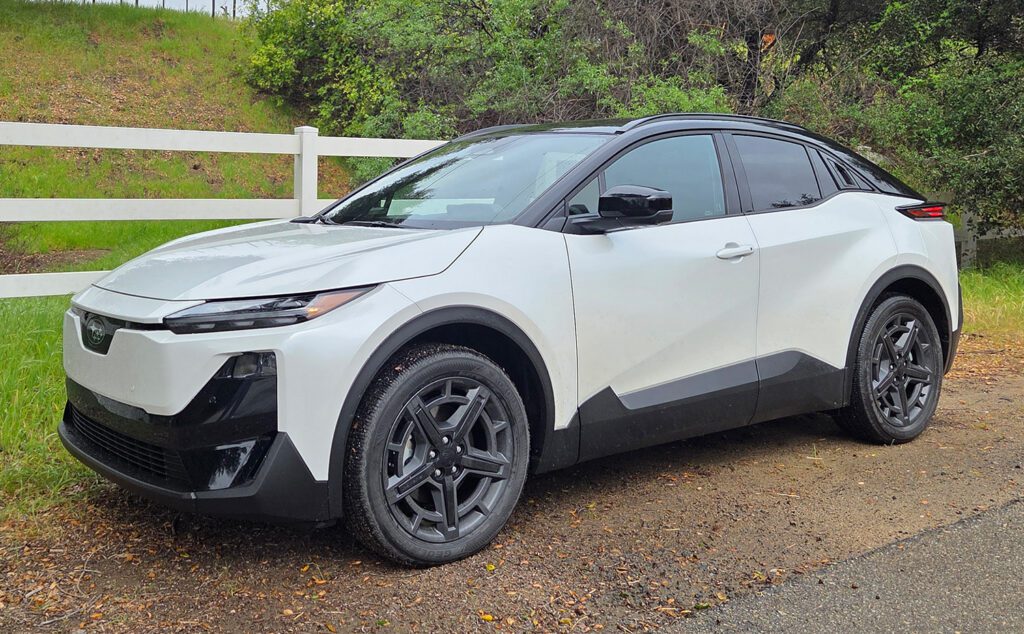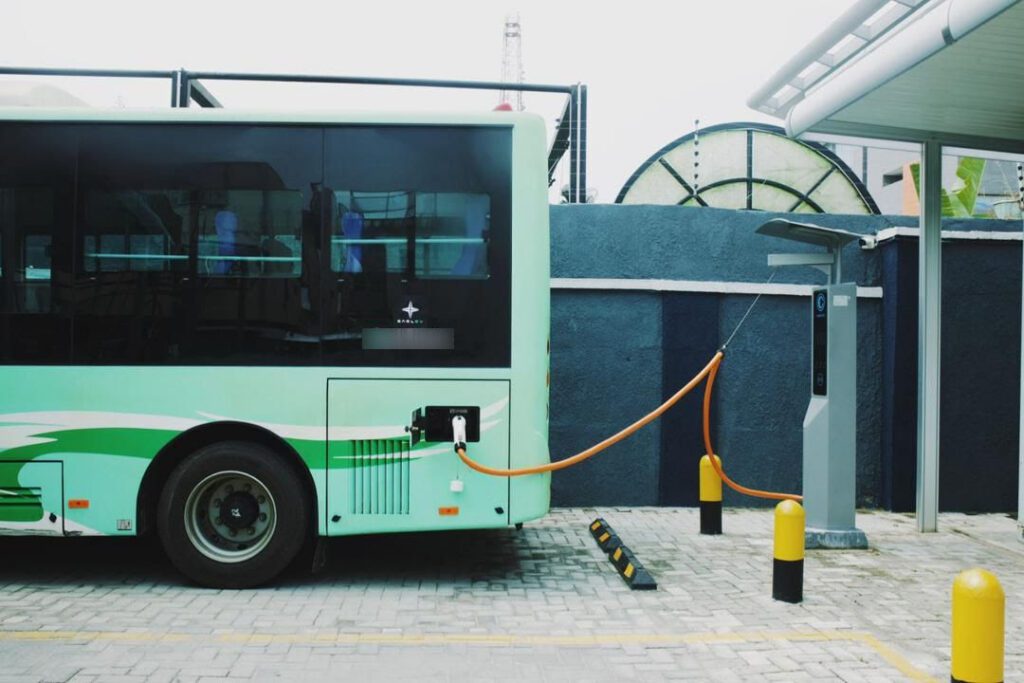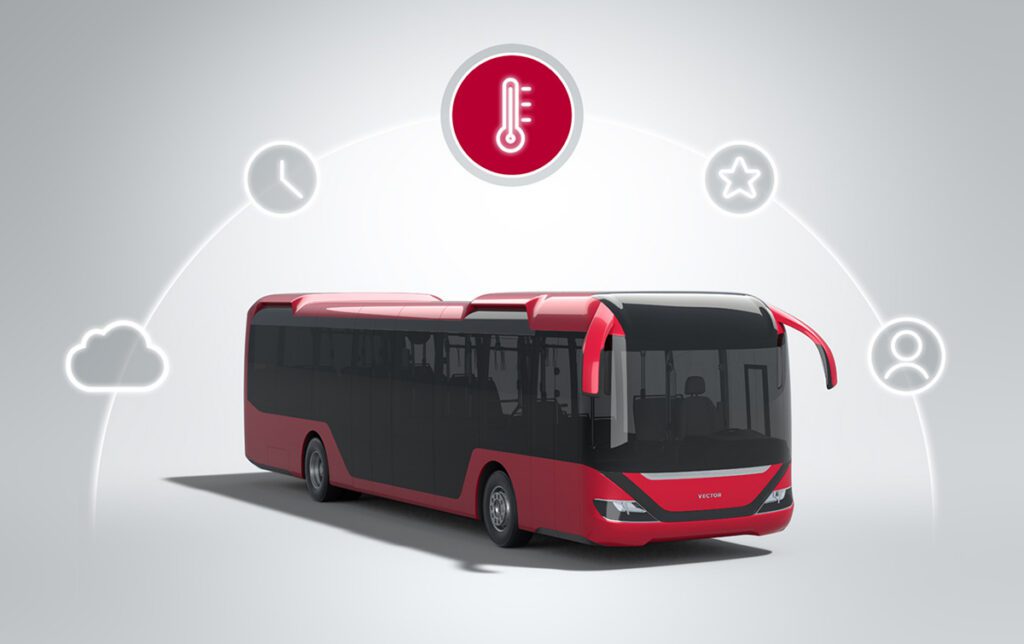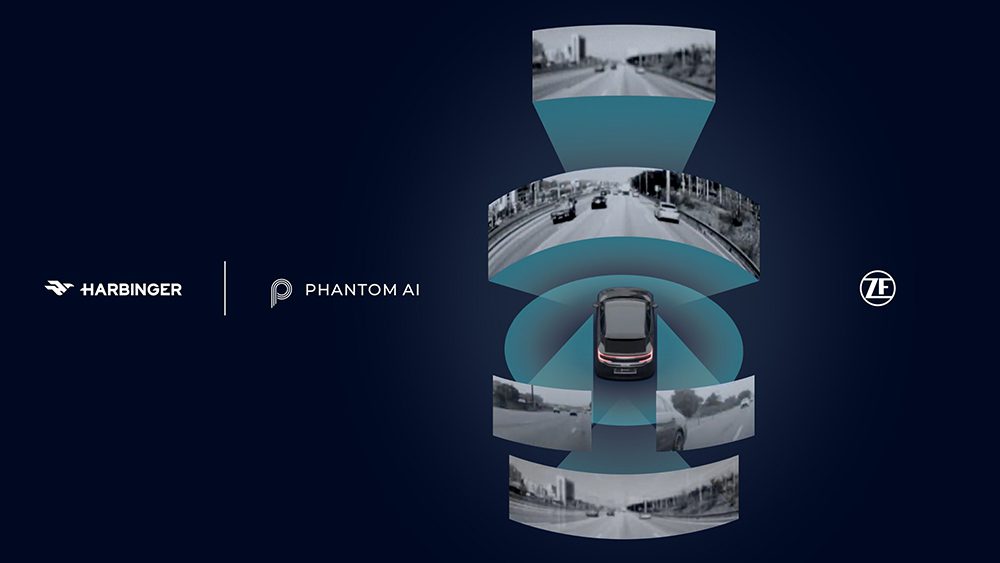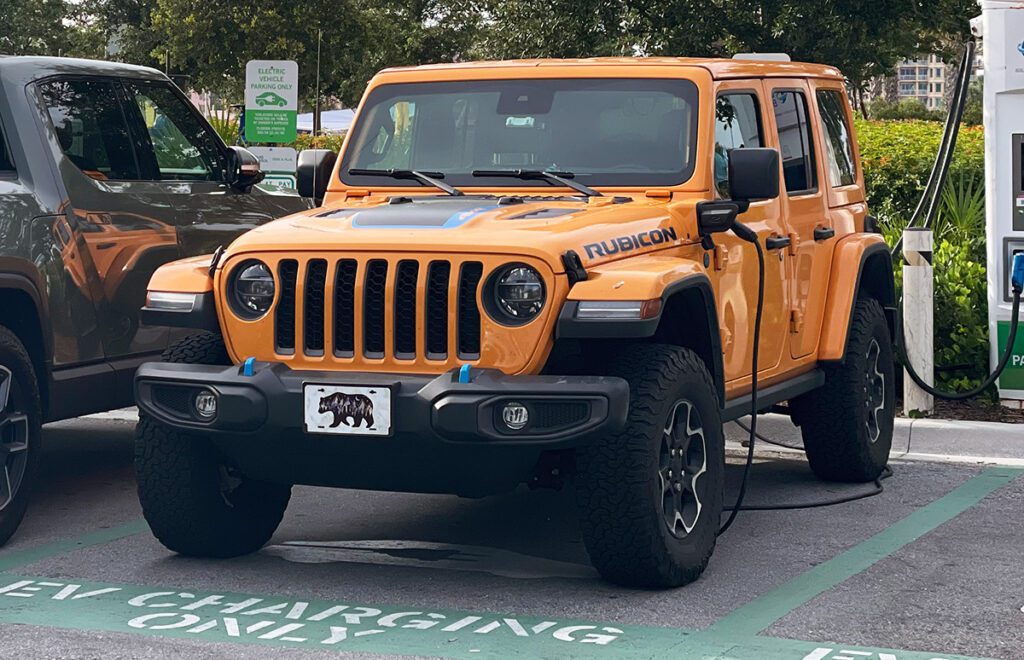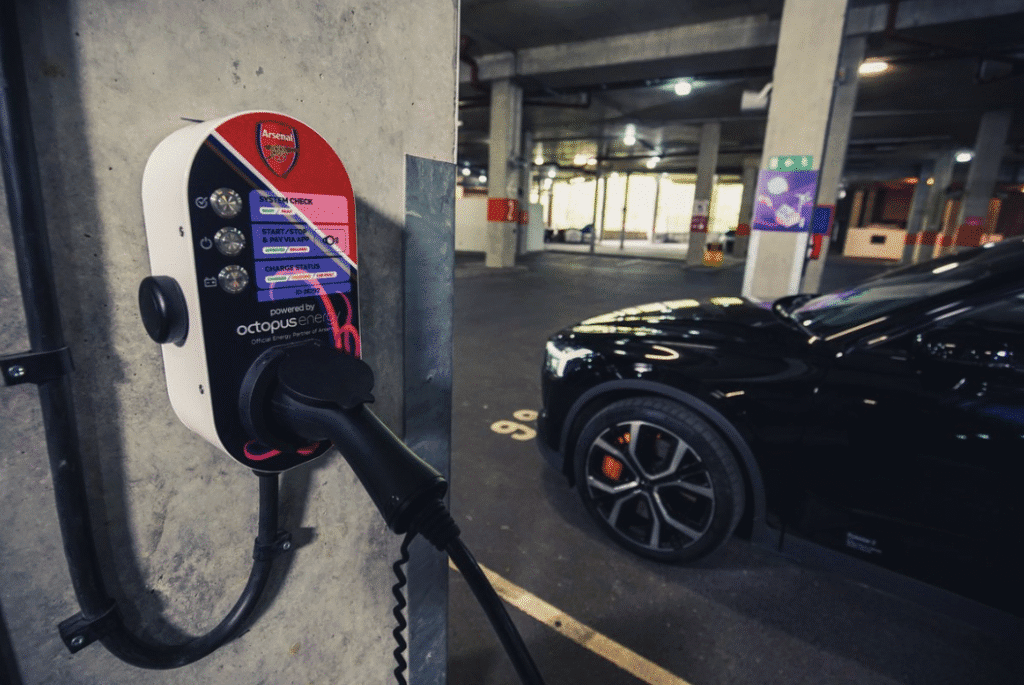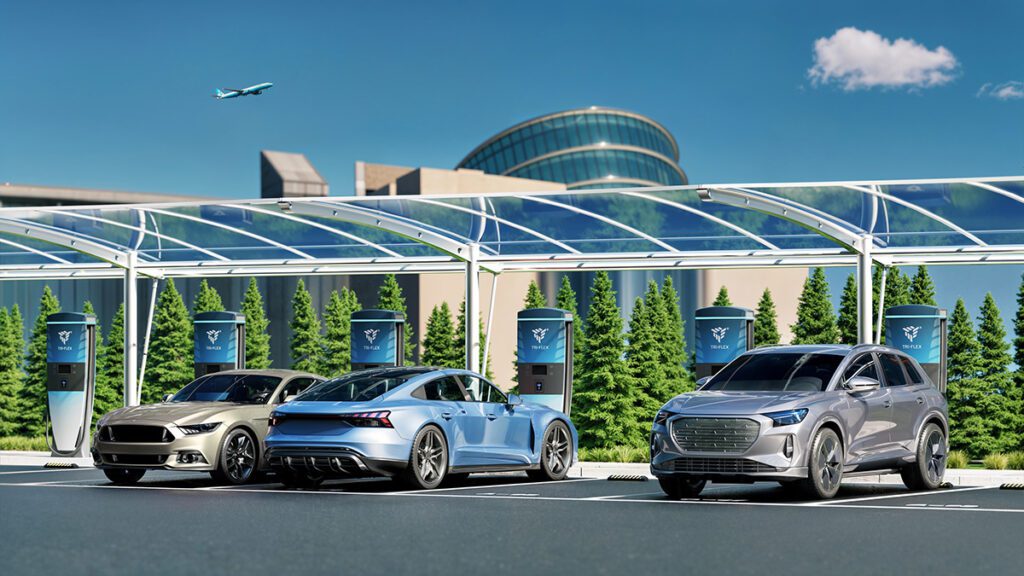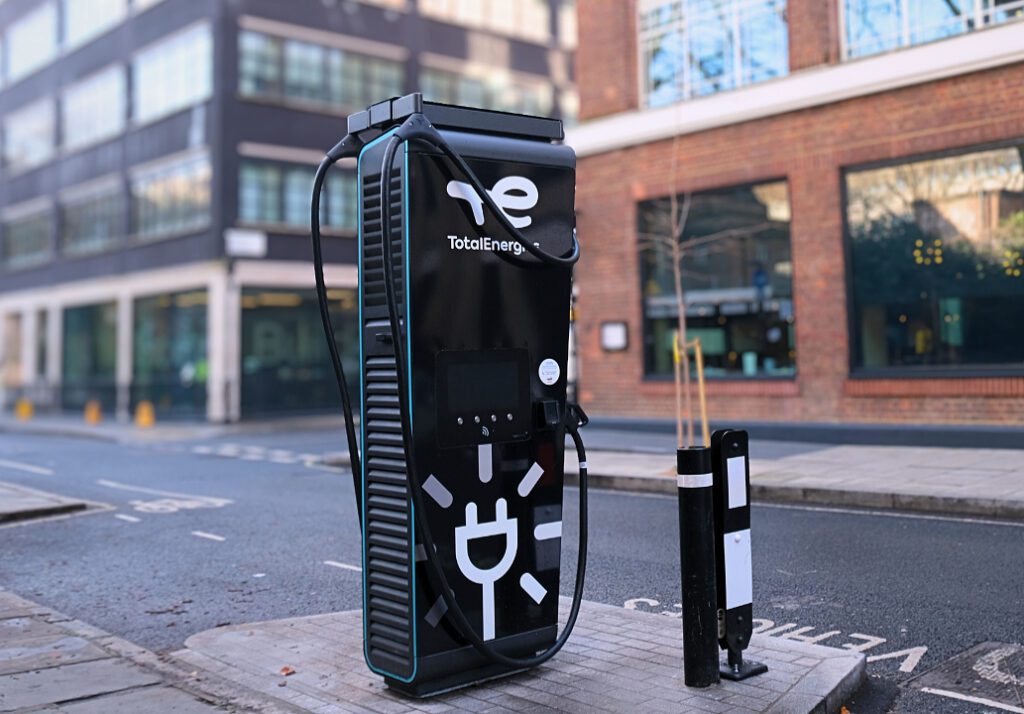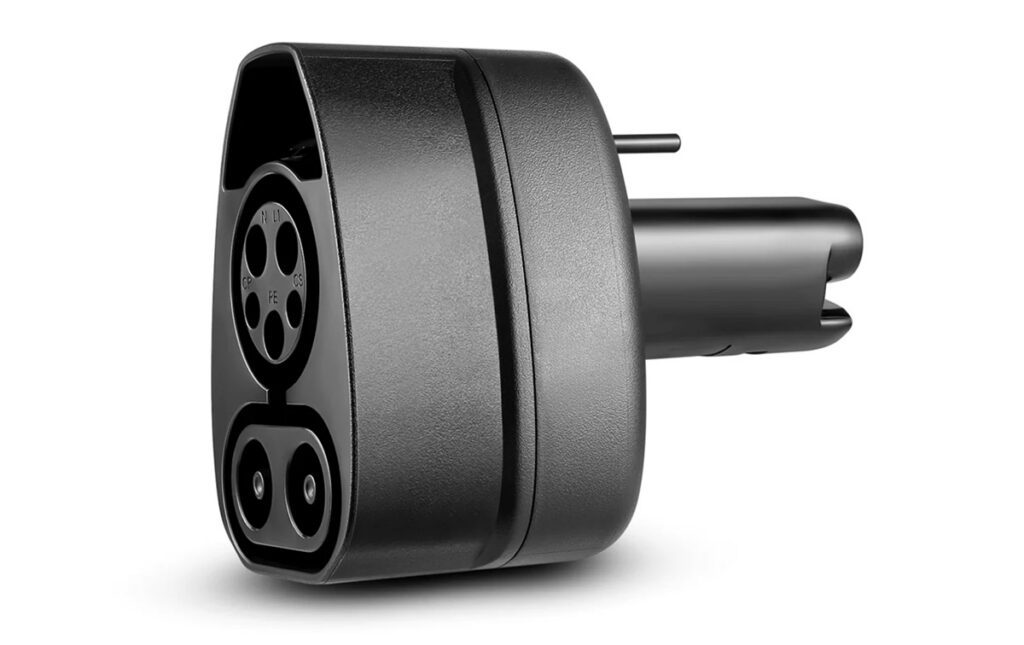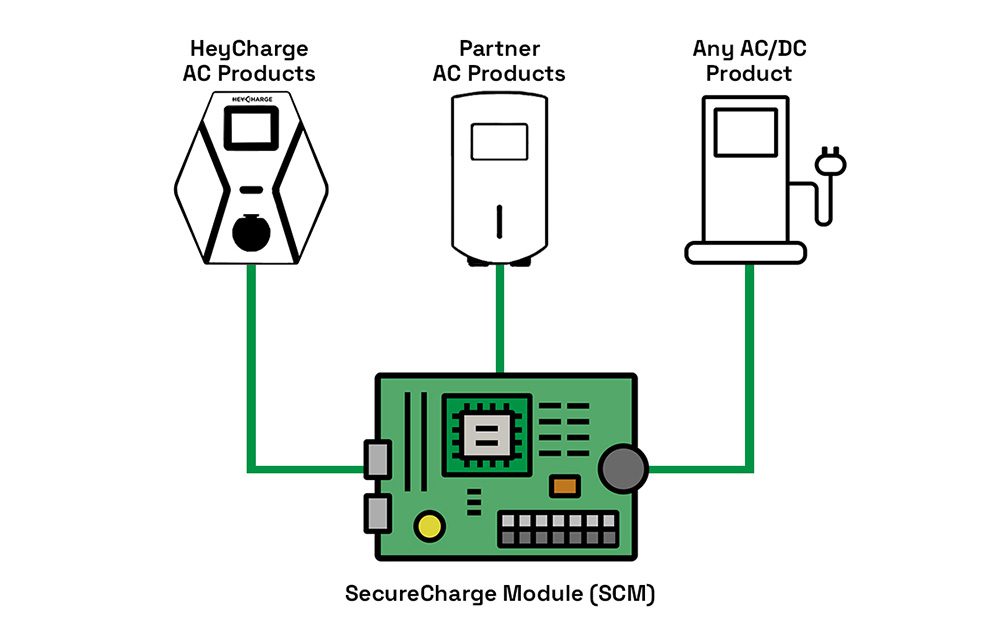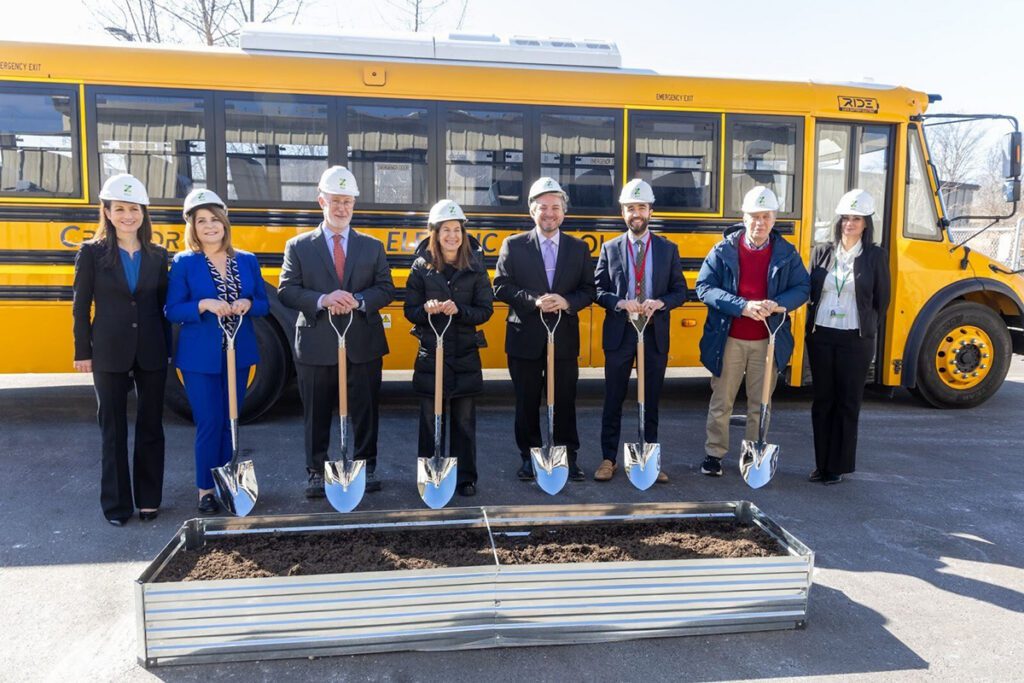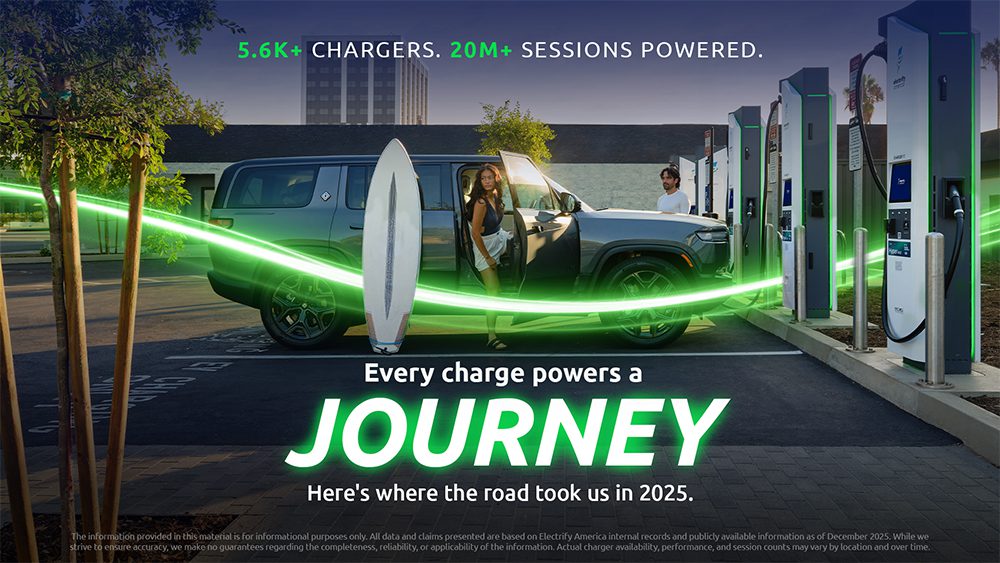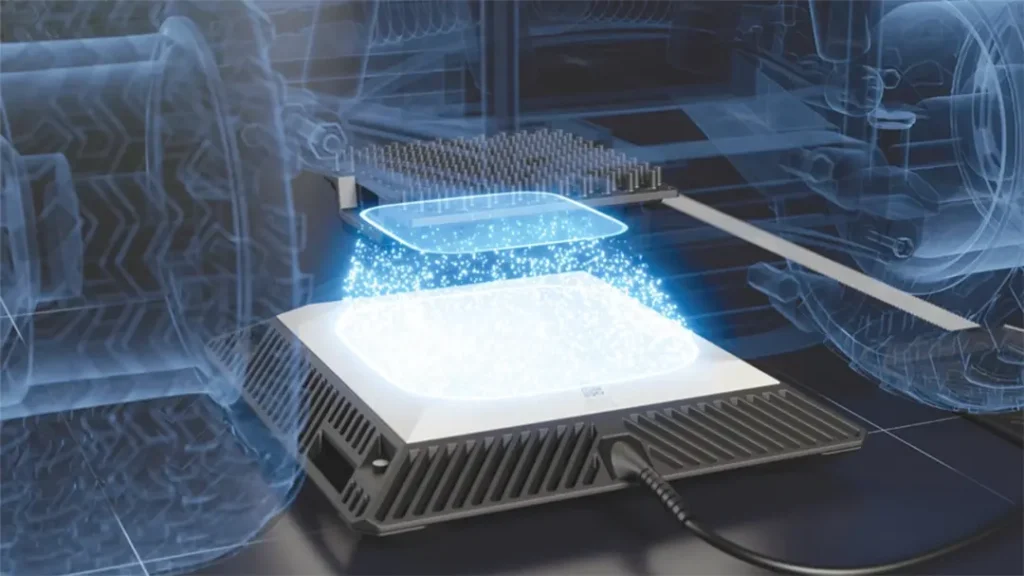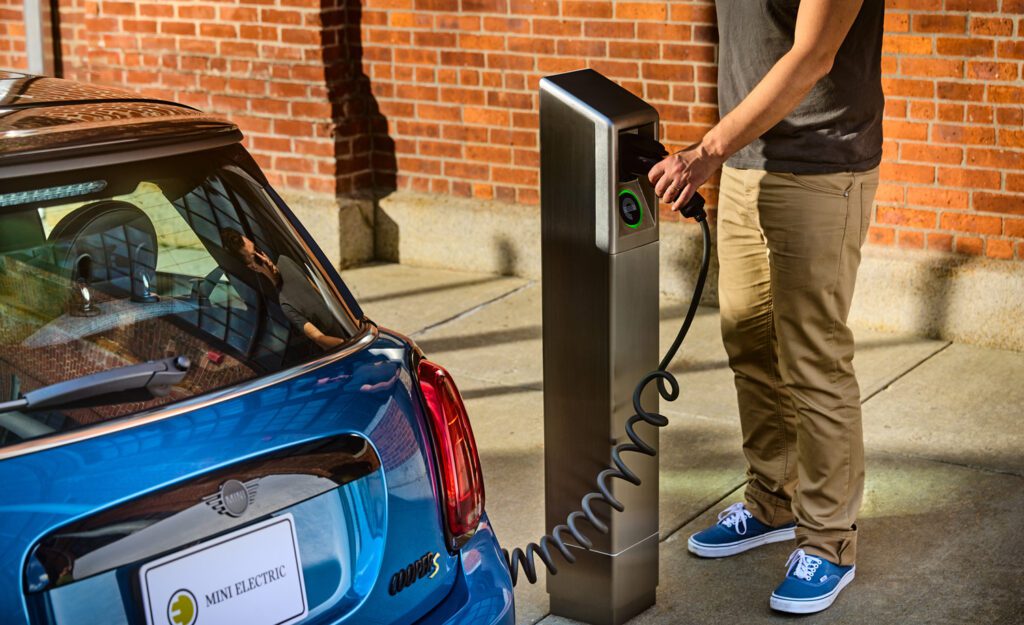The Sierra Club, working through its local affiliates around the country, is a reliable advocate for EVs (as well as public transport, renewable energy and other measures to reduce the demand for fossil fuels).
The Suncoast Sierra Club, located in Charged’s hometown of St Petersburg, Florida, is housed in a net-zero building that features a large solar carport and a public EV charging station. The group regularly participates in National Drive Electric Week events, Earth Day celebrations and other happenings where the public gets a chance to check out EVs and learn about the technology.
But John Q Public isn’t the only one who needs educating. A major part of the SC’s mission is providing lawmakers and local government officials with the facts they need to evaluate transport-related issues.
“Legislators are like the general public – many still don’t understand the difference between EVs and hybrids,” Senior Organizing Representative Phil Compton told Charged. “The difference is that they set policy that could make it easier to acquire an EV.”
In addition to working with legislators at the state and local levels, Compton works hard to explain the benefits of electrification to local transit boards.
In June, the Pinellas Suncoast Transit Authority (PSTA) will decide whether to replace aging diesel hybrid buses (which it has found to have maintenance issues) with legacy diesels or with electric models. PSTA is preparing an application for this year’s round of federal Low-No grants. The county also has a pot of money from the BP oil spill settlement, and there’s talk of devoting some of that to transit upgrades.
The PSTA board has been courted by all the major e-bus manufacturers: Proterra, BYD, Complete Coach Works and New Flyer.
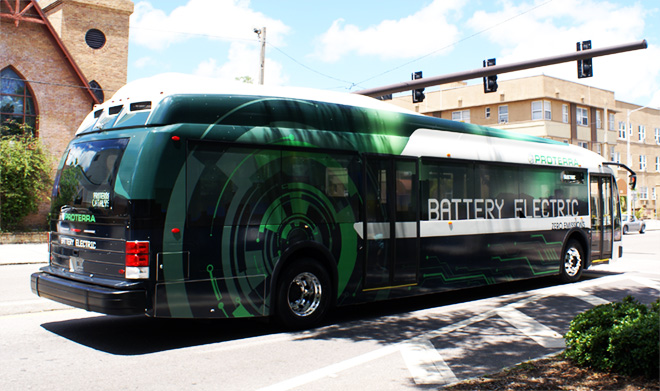
Transit operators around the world are using, testing or considering battery-electric buses, but there is still much work to do to educate decision-makers about the electric options available today.
Board members tend to find half-measures such as hybrids and CNG buses attractive, because the technology is more familiar. However, the savings on fuel and maintenance over the typical 12-to-15-year life of a bus make the financial case for pure electric buses a slam-dunk, if funds can be found for the higher up-front costs.
The other benefits of going electric are icing on the economic cake. E-buses’ silent operation and lack of acrid smoke make downtown areas more pleasant, and may entice more affluent professionals (a coveted demographic) to leave their BMWs at home and take the bus.
Then there is the little matter of emissions reduction. According to Mr. Compton, a modern diesel bus spews forth about 3,000 grams of greenhouse gases per mile, a CNG bus emits 2,800, and a diesel hybrid egests somewhere in the 2,300 range. A battery-electric bus running on today’s typical electrical grid is responsible for a mere 650 grams per mile, and this figure gets better every year as more renewable energy sources come on line.
Across the bay in Tampa, the Hillsborough Area Regional Transit Authority (HART) has little interest in e-buses, according to Compton, as it has invested substantially in CNG vehicles. However, the University of South Florida, which operates a fleet of 48 buses, and prizes its green reputation (the university claims to have deployed the world’s first solar-powered EV charging station a decade ago), is considered a likely prospect by the e-bus vendors.
Source: Suncoast Sierra Club

